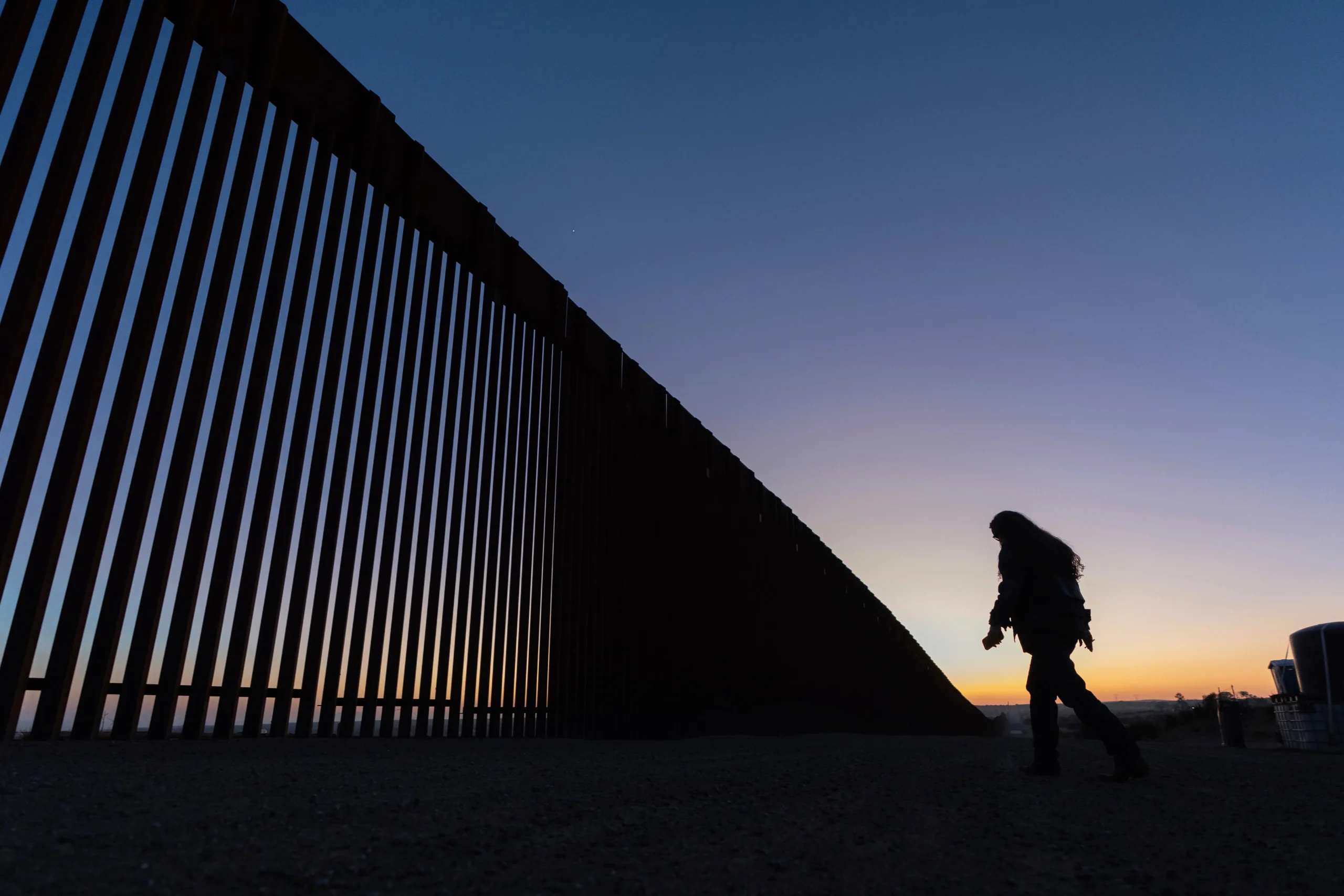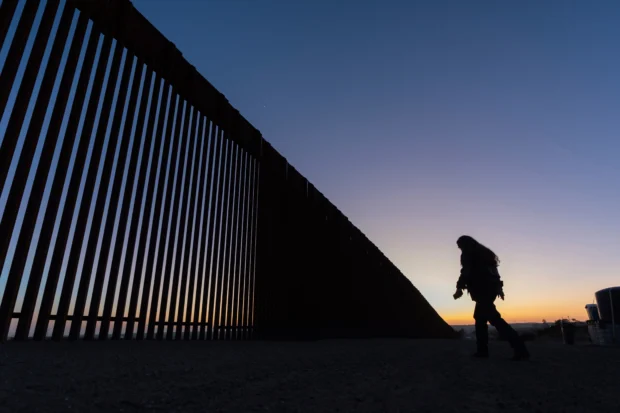
A federal court has determined that President Donald Trump exceeded his constitutional authority by suspending asylum claims at the US southern border as part of his immigration enforcement measures.
US District Judge Randolph Moss ruled Wednesday that Trump’s actions risked establishing a “presidentially decreed, alternative immigration system” outside congressional oversight. The 128-page decision challenged the administration’s interpretation of executive power over immigration law.
Upon taking office for his second term on January 20, Trump issued a proclamation citing the Immigration and Nationality Act (INA) to justify the asylum suspension. The president argued that his authority “necessarily includes the right to deny the physical entry of aliens into the United States and impose restrictions on access to portions of the immigration system.”
Judge Moss, appointed by former President Barack Obama, rejected this interpretation in his ruling. “Nothing in the INA or the Constitution grants the President or his delegees the sweeping authority asserted in the Proclamation,” he wrote. The judge emphasized that the president cannot “replace the comprehensive rules and procedures” in US immigration law with an “extra-statutory, extraregulatory regime.”
The ruling addresses asylum, the legal process allowing individuals to seek protection on foreign soil when facing persecution or harm. While asylum applications face rigorous standards, successful applicants receive permission to remain in the country.
Trump has characterized immigration across the US-Mexico border as an “invasion” orchestrated by foreign powers, using this framing to justify emergency powers that suspend traditional asylum rights.
Judge Moss countered that suspending asylum could cause significant harm to persecution victims. “A substantial possibility exists that continued implementation of the Proclamation during the pendency of an appeal will effectively deprive tens of thousands of individuals of the lawful processes to which they are entitled,” he wrote.
The administration received a 14-day appeal window, which it is expected to use. White House spokesperson Abigail Jackson responded, “A local district court judge has no authority to stop President Trump and the United States from securing our border from the flood of aliens trying to enter illegally. We expect to be vindicated on appeal.”
Government lawyers had argued that determining whether the US faces an invasion constitutes “an unreviewable political question” within executive authority alone.
Judge Moss acknowledged the administration’s concerns about system capacity, writing, “The Court recognizes that the Executive Branch faces enormous challenges in preventing and deterring unlawful entry into the United States and in adjudicating the overwhelming backlog of asylum claims.” However, he concluded that US laws do not grant President Trump “the unilateral authority to limit the rights of aliens present in the United States to apply for asylum.”
The ruling resulted from a class-action complaint filed by immigrant rights organizations, including the Florence Project, Las Americas Immigrant Advocacy Center and RAICES.
The American Civil Liberties Union praised the decision as protecting both congressional authority and immigrant rights. “The president cannot wipe away laws passed by Congress simply by claiming that asylum seekers are invaders,” ACLU lawyer Lee Gelernt told media outlets.












Be the first to leave a comment